ACTF Defends Children’s TV at Content Inquiry
Julia Fimiani
7 Aug 2018
In January 2018 the ACTF provided a submission to the Senate Inquiry into Australian content on broadcast, radio and streaming services, being conducted by the Environment and Communications References Committee. Last week a public hearing was held in Sydney and I went along to hear our Head of Development and Production, Bernadette O’Mahony, appear before the Committee to advance the cause for children’s television in Australia.
This was the second public hearing in relation to the inquiry, following on from April’s hearing which saw the likes of ABC and Screen Australia present and be questioned by members of the Committee.
Bernadette informed the committee of the ACTF’s integral role in the children’s content space, Australian children’s drama and its place in the Australian broadcasting landscape. She acknowledged the importance of government regulation and funding, noting that “it is to the Parliament of Australia that we owe thanks for the great children’s dramas like Dance Academy, Round The Twist, Mortified, Mako Mermaids, Nowhere Boys, Lockie Leonard and Little Lunch, as much as it is to any broadcaster.”
 Mortified‘s Taylor Fry
Mortified‘s Taylor Fry
The Committee questioned Bernadette on the shift in the children’s TV landscape over the past decade, particularly the prevalence of animation over live action drama. Bernadette explained that the shift largely came down to the ease at which animation can be bought and revoiced as well as the availability of the PDV and Producer Offsets. Animation has become cheaper for broadcasters and often the programs will qualify as Australian content, despite being co-produced with an international partner, and not having Australian voices.
However, the cultural and lasting impact of quality Australian live action children’s drama was evident, as Bernadette spoke of a young neighbour of one of our colleagues who had recently discovered Mortified and had believed it to be a new show. Additionally members of the committee recalled programs such as Round the Twist, and one member noted that their children were obsessed with Little Lunch. When questioned by the committee about why children overseas are still enjoying Round the Twist Bernadette said that whilst the show was distinctly Australian it travelled well because kids all over the world love to laugh, and that growing up is universal. She explained that such programs give kids overseas an insight into Australia and the quality live action dramas have a long life as shows are being rediscovered again and again by a whole new audience who think they’ve found a new show. Even today we are still being asked by people if they can remake Round the Twist. Little Lunch was also used as a case study to show how valuable children’s live action content is with Bernadette explaining the difficult process in getting the show to air. Initially the ABC weren’t sure that children wouldn’t “get it”, however after ultimately getting the ABC on board – after a process which included shooting a pilot, something never done in Australian children’s television – Little Lunch has gone on to become incredibly successful on ABC and all over the world.
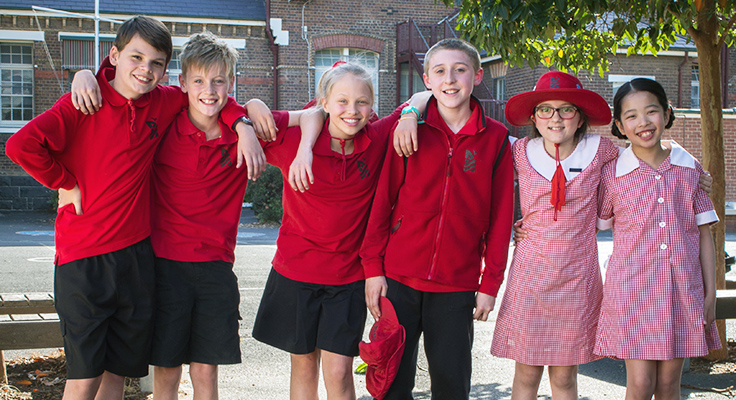 The cast of Little Lunch
The cast of Little Lunch
The commercial broadcasters have made clear their desire to get rid of their quotas for children’s content. The committee questioned Bernadette on this, and asked what our response would be to those who think that kids television now is reality television such as MasterChef and Ninja Warrior. Bernadette responded that those shows would be considered family viewing and whilst they have a place and there’s nothing wrong with family entertainment, it is not children’s television. These shows aren’t reflective of children’s worlds and lives – if adults expect to watch drama made specifically for them why can’t kids have the same?
The committee questioned Bernadette on the cultural impact the removal of quotas would have in five, 10 or 20 years, with Bernadette noting that there could likely be no local children’s content on the commercial networks, and the ABC would be changeable depending on the funding and management at the time. In response to a question regarding the impact on the screen industry ecosystem, she discussed how children’s television has been a “training ground” for actors, directors and producers and that it would leave a big hole if children’s content would no longer be made. The complete removal of quotas is cautioned against, pointing to the UK as an example of a territory where quotas were abolished, leading to the downfall of a previously vibrant industry, and now commercial broadcasters are being encouraged to create children’s content again through the establishment of a fund.
In response to questions about the shifts in children’s viewing habits, Bernadette acknowledged that it was an issue and that internationally it is being looked at, with territories such as France looking at imposing obligations on streaming platforms. The commercial networks are also moving online and onto apps, so it is no longer just scheduled viewing because the content sits on the apps to be found any time the audience likes. Bernadette also referenced a recent study conducted by Turner. The study found that for children aged four to 12 television is still their main platform of choice for content made for them.
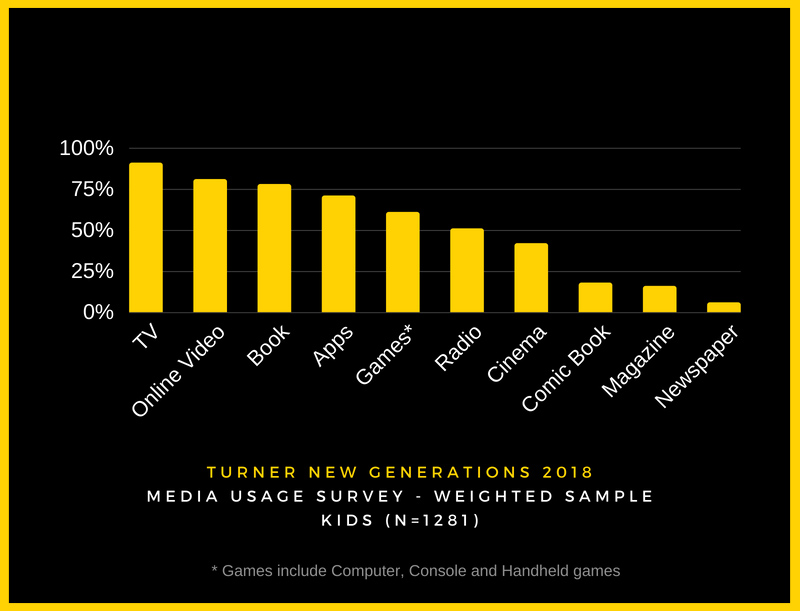 Data: Regular Capital
Data: Regular Capital
Through its submission earlier this year, and again at the hearing, the ACTF has asked that the Committee recommend a range of options in order to support children’s content. These options include holding the public sector accountable, with the BBC’s reporting to regulator Ofcom viewed as an example. Furthermore the ACTF urges a recommendation that a minimum level of Commonwealth investment be quarantined for children’s content. The UK can also be looked to as an example here, with the existence of a contestable fund exclusively for the creation of children’s content in addition to a large children’s budget for the BBC. It is imperative that Parliament, in representing the community, acknowledges that “the children’s audience is the most important audience of all” and commits to investing in and supporting it.
More information on the inquiry into Australian content on broadcast, radio and streaming services can be found here.
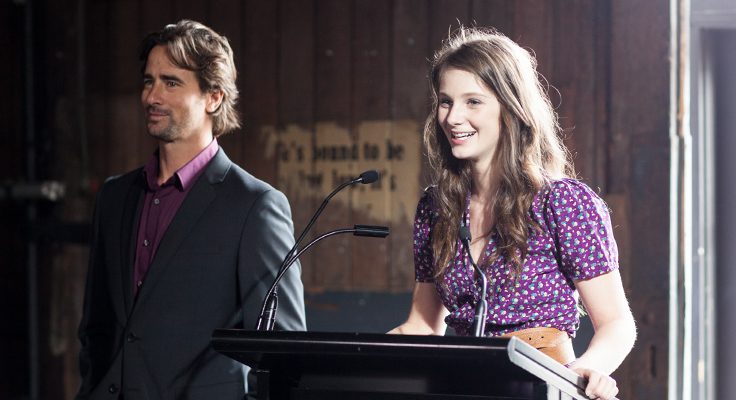

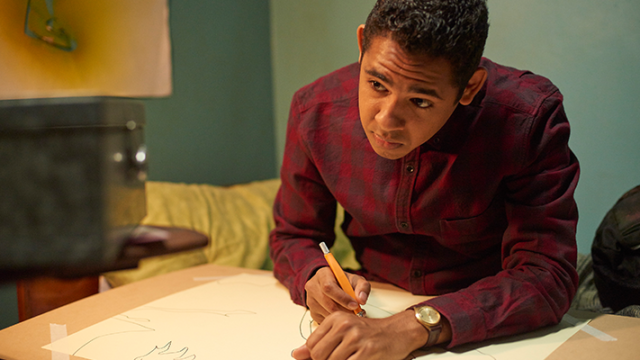
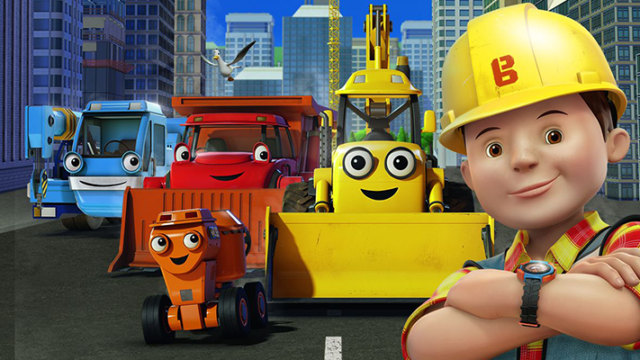
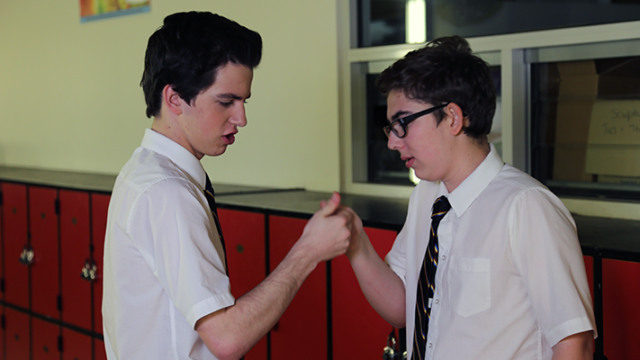
Comments
Comments for this post are open.